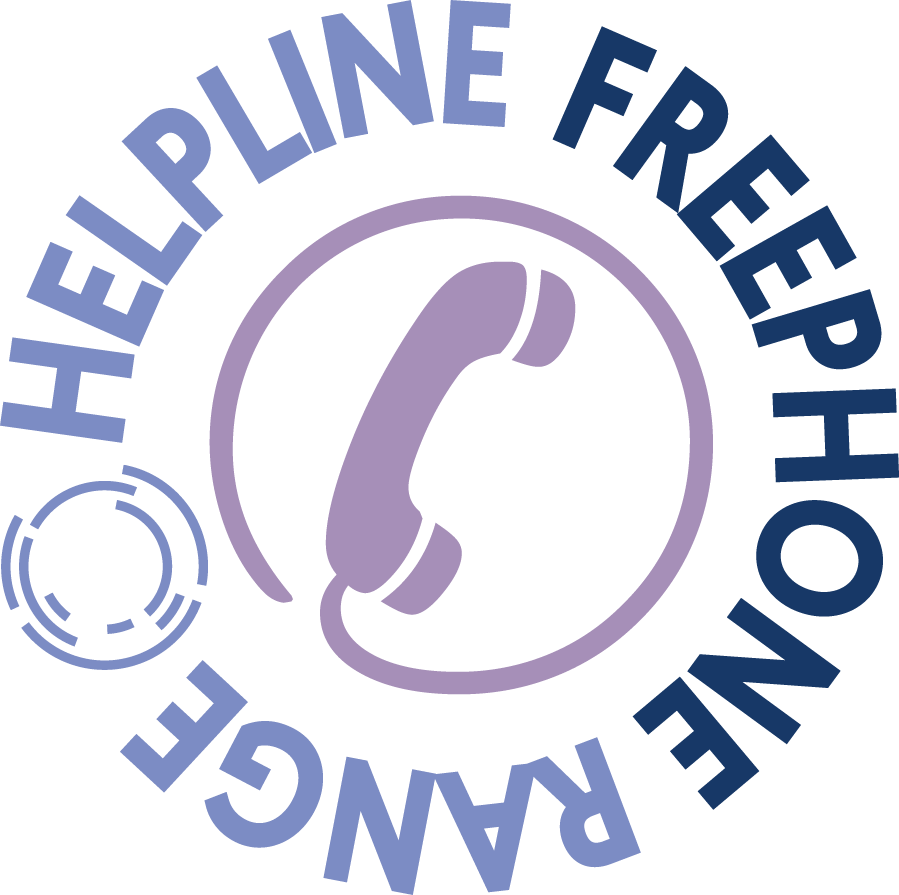
More than eight out of ten NHS commissioners across the UK do not provide specialist therapies for parents who experience a psychiatric illness after pregnancy loss or the death of their baby, according to a report published today by the Baby Loss Awareness Week Alliance.
Out of Sight, Out of Mind: Bereaved parents falling through the gaps in mental health care also reveals that 60% of bereaved parents surveyed felt they needed specialist psychological support for their mental health, but were not able to access it on the NHS. And those bereaved parents who were able to get psychological support, often had to attend clinics where they were surrounded by families with live babies.
Overall, parents reported waiting too long for support, particularly when referred by their GP. Lack of accessible NHS services led some parents to seek private care, which not everyone can afford.
The Baby Loss Awareness Week Alliance of ninety charities is now urging Government and the NHS to ensure that anyone who needs specialist psychological support following pregnancy loss or the death of a baby can access it, free on the NHS, wherever and whenever they need it.
The call comes ahead of Baby Loss Awareness Week 2019 (9-15 October) when bereaved parents, their families and friends, unite across the world to commemorate their babies’ lives.
One parent said: “After my baby died I felt I needed psychological support. I was referred and the support took place in the neonatal ward of the hospital where I gave birth to my dead baby. I had to sit in a waiting room each week while other people’s babies were wheeled past me. The psychiatrist who saw me informed me that my thoughts, my grief were unhelpful and wrong and if I just ‘thought differently’ I’d feel better.”
Thousands of parents experience pregnancy or baby loss every year. Not all of them will develop a psychiatric illness after their loss but research shows that women who have experienced stillbirth, miscarriage or ectopic pregnancy are at higher risk of PTSD, anxiety, and depression, than those who haven’t. Men can also experience mental health problems after pregnancy or baby loss, including feeling suicidal. Yet in areas where a more general service was available for parents post-birth, less than 40% said this was accessible for both parents.
Dr Clea Harmer, Chief Executive of Sands (stillbirth and neonatal death charity), said: “Grief is a natural response to the devastating experience of losing your pregnancy or the death of your baby, and charities like Sands are here to offer support. However, many bereaved parents do go on to experience psychiatric illnesses that require specialist mental health services.
“Recently there has been strong political support for improving care for pregnant women and their families. Action now needs to be taken to ensure that improvements to maternity, perinatal and mental health services do not exclude those parents who’ve experienced pregnancy or baby loss and need access to good quality psychological support on the NHS.
“Bereaved parents are telling us they struggle to access psychological support – that waiting lists are too long and services lack the specialist skills and knowledge to support them. This is clearly unfair but it is not too late; decisive action could have a huge positive impact for those parents who experience a mental health problem following pregnancy or baby loss.
“We believe that Governments and the NHS can make a real difference for bereaved parents across the UK, if they give specific attention to those who have experienced pregnancy or baby loss when planning, funding and delivering psychological support services.”
Even when parents did meet the inclusion criteria, and waited months to access support, they then found there was no-one in their local area with the specialist skills and knowledge needed to provide it.
Another parent said: “I walked out of hospital and no one ever contacted me. Only a letter from my GP with congratulations and dates to bring my deceased baby for jabs and check-up. I called for some counselling but was told I’d have to wait six months. I got no support.”
The Baby Loss Awareness Week Alliance have put forward a set of recommendations, including:
- Governments across the UK to undertake a review of current provision including an evaluation of models of best practice, involving parents and professionals
- National guidance to help the NHS plan, fund, and deliver specialist psychological services
- Training for GPs and other frontline healthcare workers to understand to understand and assess the risk of bereaved parents developing a psychiatric illness.
Baby Loss Awareness Week helps raise awareness of how pregnancy and baby loss affects thousands of families each year across the UK. It is a unique opportunity to help families commemorate their babies, whether it be in public or private, and feel less isolated and alone by giving them the opportunity to join with others.
To help break the taboo around pregnancy and baby loss this year a number of celebrities and social media influencers, including former rugby union player Will Greenwood MBE and his wife Caroline, and Love Island (2016) contestant Malin Andersson, have recorded short videos talking about why they are supporting Baby Loss Awareness Week.
Throughout the Week, landmark buildings across the UK will be lit up pink and blue – the colours of Baby Loss Awareness Week.
The Week culminates in a global #WaveOfLight at 7pm on 15th October when candles will be lit across the world to remember all those babies who have died. Anyone can join a digital Wave of Light from 7pm on 15 October by posting a photo of their candle to Facebook or Twitter with the hashtag #WaveOfLight.
To get involved in Baby Loss Awareness Week 2019 visit: babyloss-awareness.org and follow #BLAW2019

